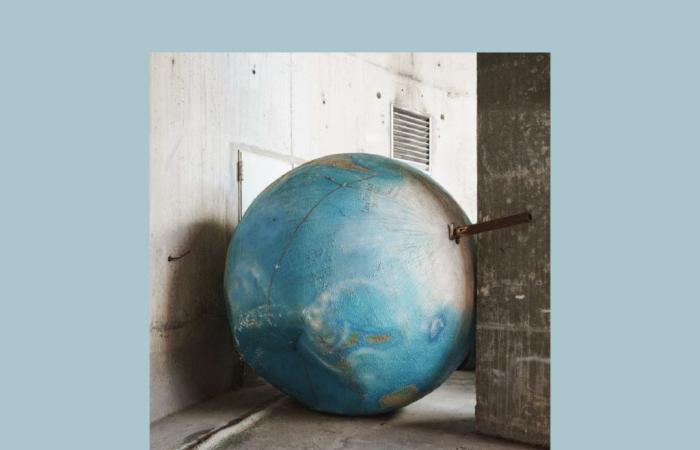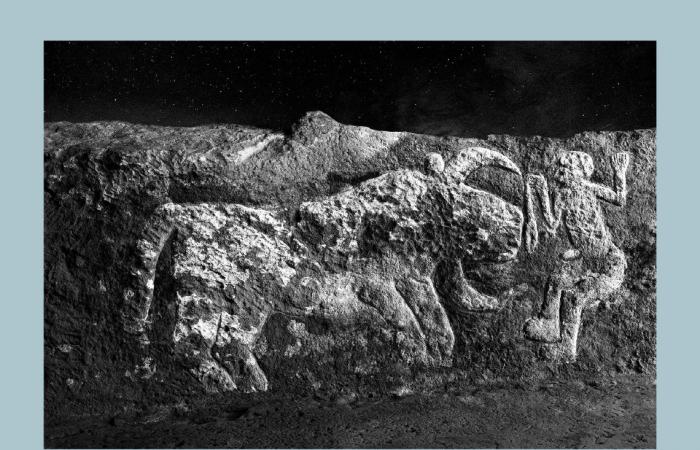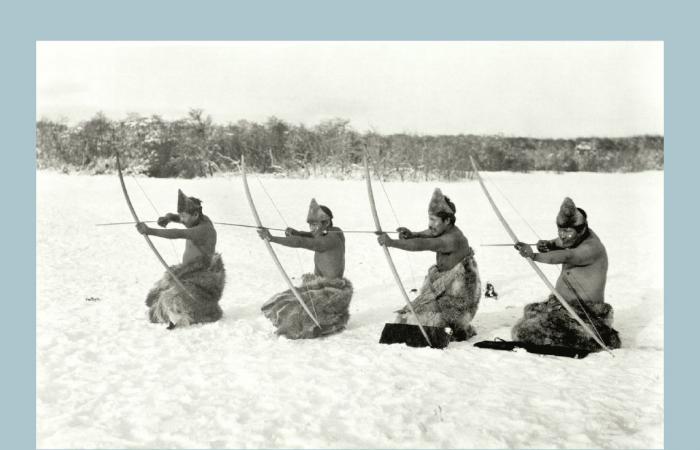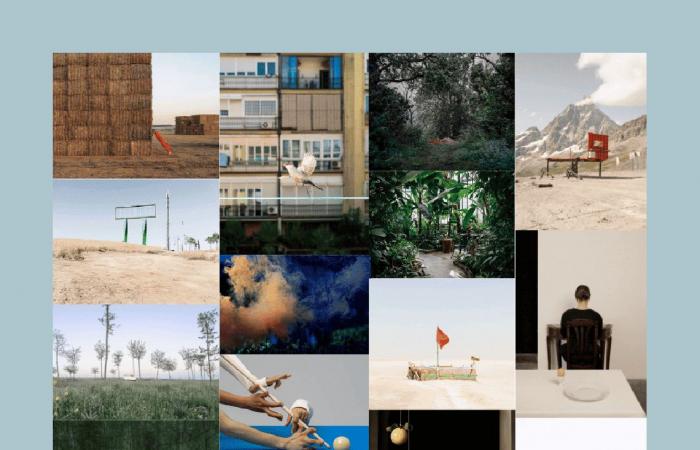Thursday, May 8, 2025, 20:07
The artist Isabel Muñoz, one of the great photographers of the present, whose creation has had her footprint in Cantabria through various spaces, but mainly at the Menéndez Pelayo International University, she will be the protagonist of the first sample of the official Agenda of Photospaña in Santander and Cantabria. The Altamira Museum will host its exhibition ‘A New History’ from next day. Actually, a stop within a large project configured by a look of deep anthropological values on the formation of Neolithic societies through their photographs of four archaeological deposits of Anatolia: Göbekli Tepe, Karahan Tepe, Nevali çori and Sayburç.
In recent years, excavations in these ‘sanctuaries’ “have not ceased to surprise with findings that are changing what we knew about societies in the transition between nomadism and sedentary: their chronology, their organization and their ways of life, their megalithic constructions, their artistic manifestations and their concept of ‘the sacred’». However, before this call, to which another five major exhibitions will happen chronologically under the official section umbrella, the International Festival of Photography and Visual Arts has been sowing its presence in the community in this 2025.
From Cabo Mayor Siboney
The earliest appointments, ‘awaken the water. Notes for a coastal ‘phenomenology of Jonàs Forchini and Alice Pallot, opened last February and until June 15, exhibits at the Faro Major Art Center, under the commissioner of Jonàs Forchini, with the organization of Port Authority of Santander. Both visual artists resort to the photographic image as a means of research and creation to explore the complex relationships that human beings weave with water.
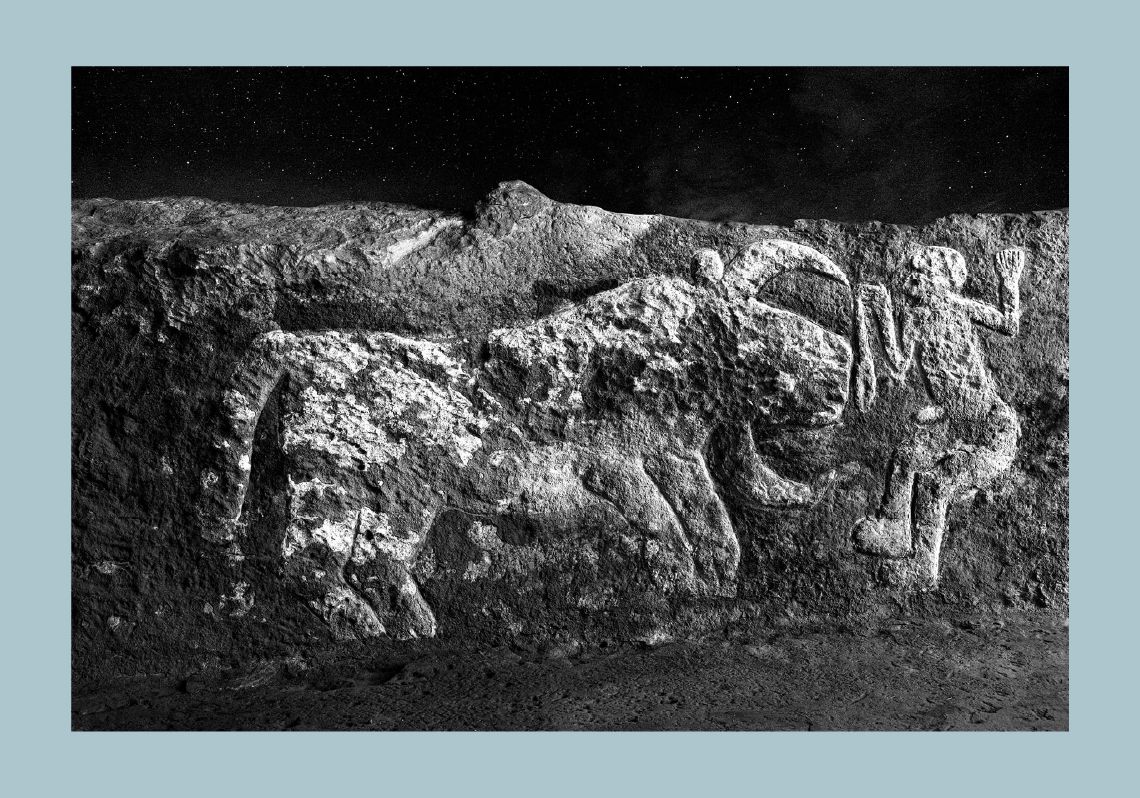
Today Friday, precisely adds to the festival calendar, as progress was made, Chema’s exhibition return to Santander – after his anthological in the Gamazo ships – through the Siboney gallery. Twelve images, mostly recent, return the immersion in the visual poetry of one of the Spanish creators with the greatest international projection, builder of an imaginary in which objects, metaphors, irony and chance constitute a dazzling look after everyday life. An appointment in collaboration with the Elvira González Gallery, in Madrid, which will be exhibited until the end of June when they take the witness of Photoespaña other exhibitions. It will be the turn of the double proposal of the ENAIRE Foundation, in the ships of Gamazo. The exhibitions of the photography and trajectory awards of the entity will be inaugurated on June 26 within Photospaña. Both thus consolidate their strategy of mutual collaboration and their commitment to the decentralization of culture. The Art Center Naves de Gamazo will host a great exhibition by Joan Fontcuberta, Trajectory 25, as well as a collective of the winning works and 15 finalists of the photography awards.
It is the first time that Enaire is going to make the appointment with its awards. The managing director of Fundación Enaire, Margarita Asuar, is committed to promoting the Art Center Naves de Gamazo in the national museum and artistic panorama as a whole, with the aim of “decentralizing culture and supporting the territories and its development promoted by art.” The awards have been convened for twenty years. The call of 2025, 18th edition includes awards of 12,000, 8,000 and 5,000 euros to the first three awarded. The 30 artists who passed to the material phase of the photography award are: Natalia Garcés Fernández, Tomás González Justicia, María Cecilia Candiani, Umberto Dieuteove, Eduardo Nave, Filippo Poli, María Azkarate, Daniel Ochoa de Olza, Adrià Goula, Álvaro Martín, Gabriel Alejandro Caras Segura, Ernest Lenes, Carla Ostet Vilanova, Germán Gómez, Carlos Quirós Osorio, Carlos Alba, Tanit Plana, Celia Suárez Traverría, Mischa Lluch Gustafson, Maite Caramés, José Martínez-Quintanilla Puche, Jens Martin York Christensen, Juliana González, Francoise Vanneraud, Pascual Martínez and Vicente Sáez, Mar Sáez, Mar Sáez, Laura San Segundo Cinque. At the end of this May the winners and the fifteen selected for the Santander sample that will run to January 18, 2026 in Gamazo will be known.
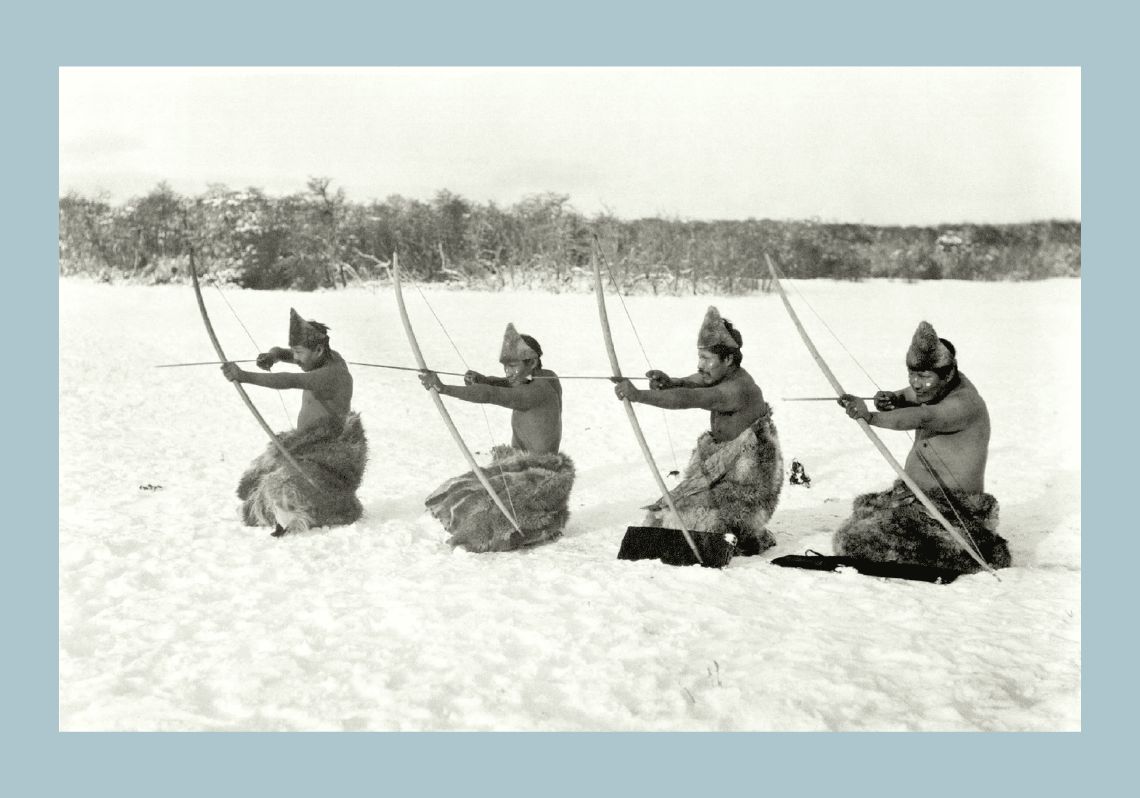
Visual narratives
In the case of another of the great referents of the photograph Joan Fontcuberta (Barcelona, 1955) the project that will present in the ships will gather a selection of their recent works, several of them unpublished. The proposal focuses on its works with artificial intelligence of the last two years. A tour of his current work will be presented, with proposals of visual narratives who have the representation of nature as preferential terrain, “a territory in which the poetic experience converge with conceptual reflection, seasoned with constant winks to fiction.”
The exhibition questions the relationship between image and word, but also status quo of photography itself. The insistence on this question is the conductive thread of his career. Drown before the overwhelming saturation of images that we live today, his work “puts us on alert so that we do not lower our guard before his powerful power of seduction.” Sema D’Asta is the commissioner of the exhibition.
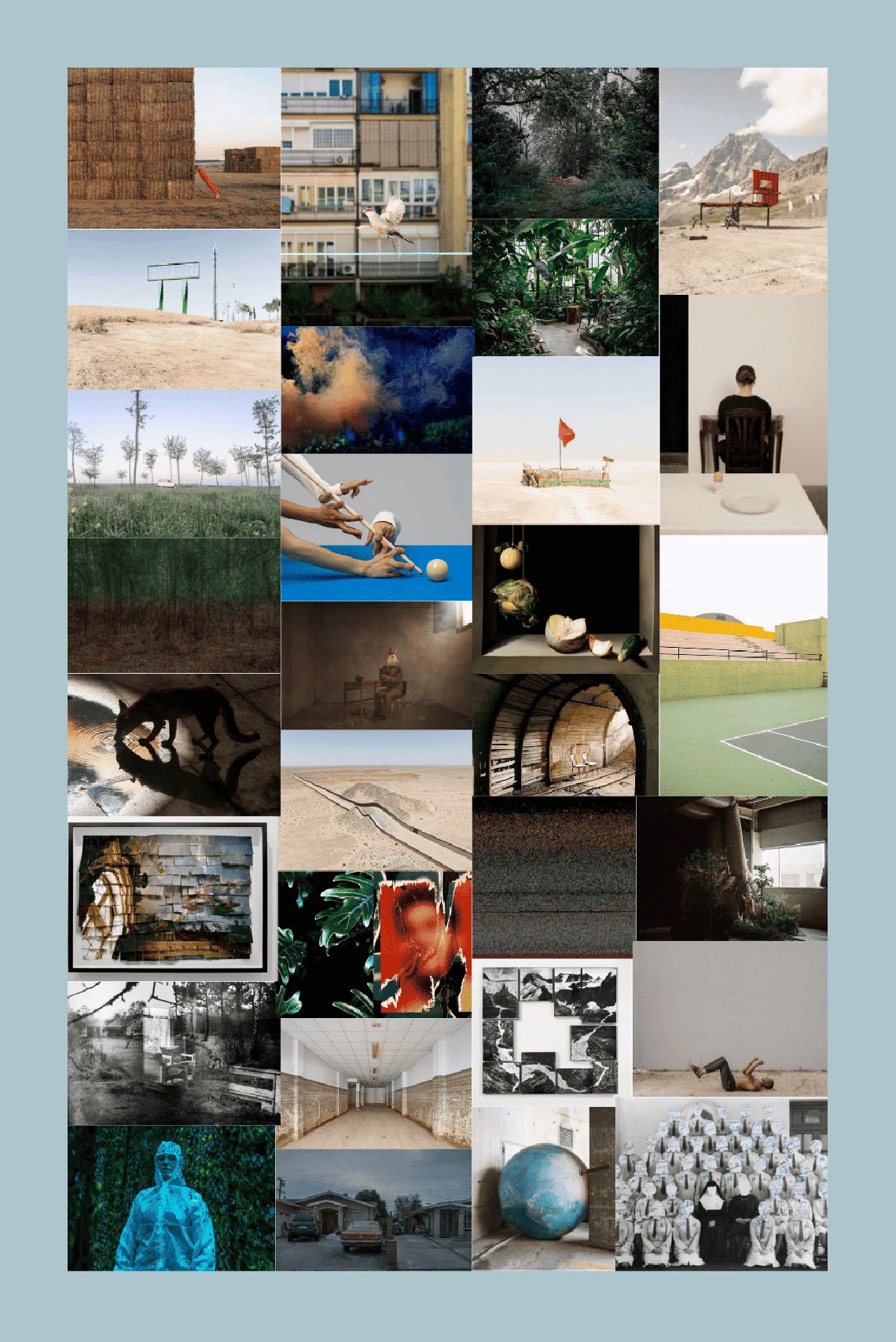
In addition to the calendar announced in April – which is completed with the samples ‘Santander 1900 -1920’ by Liborio Pala. Photospaña, together with the UIMP and Culture, will exhibit in the Central Library ‘Chile. Voices of Patagonia ‘by Martín Gusinde. Its foundation recalls that «our ancestors teach us that history is built day by day. That far from being static, it is reinterpreted between generations, being the transmission of each story, between parents and children, grandparents and grandchildren, the most precious of the legacies of our identity ».
It is those voices, those of the ancestors, which have kept alive, for centuries, the memory of the Patagonian people: “unique, mysterious and the time heroic.” At the beginning of the 20th century, Martin Gusinde not only studied, but generated unique links and relationships with Selk’nam, Yaghan and Kawéskar men and women, becoming knowing their worldview, language and traditions. “Thanks to him, and the work of Xavier Barral, with centuries away, was able to have a unique record of the identity of this ancestral culture, an essential part of the identity of Chile.”
Session boundary
Access to premium content is open by courtesy of the establishment where you are, but right now there are too many users connected at the same time.
Please try it after a few minutes.
Try again
Closed session
When you log in from a different device, for security, the last session was closed in this.
To continue enjoying your digital subscription, log in to this device.
This content is exclusive to subscribers
Do you have a subscription? Locate session

